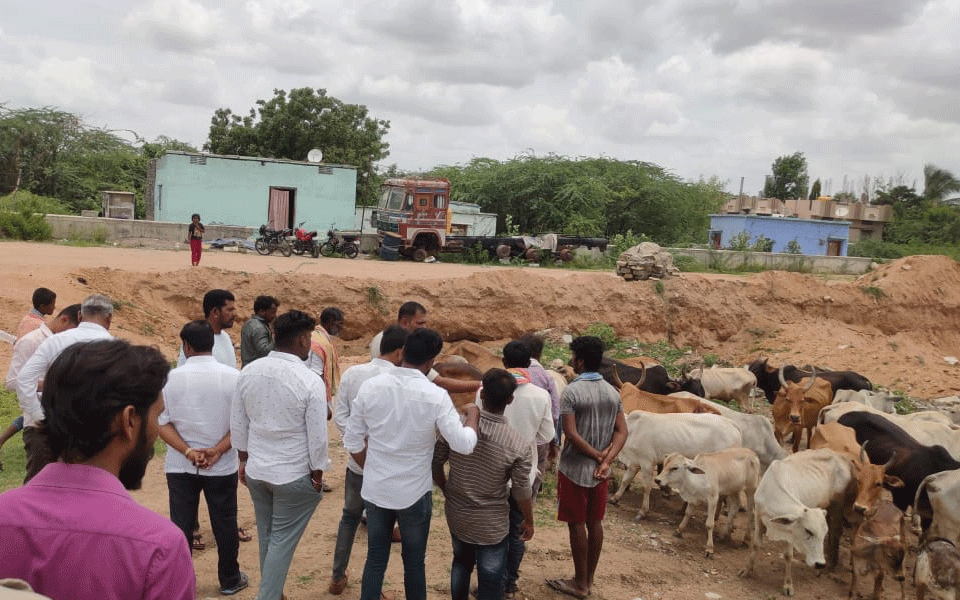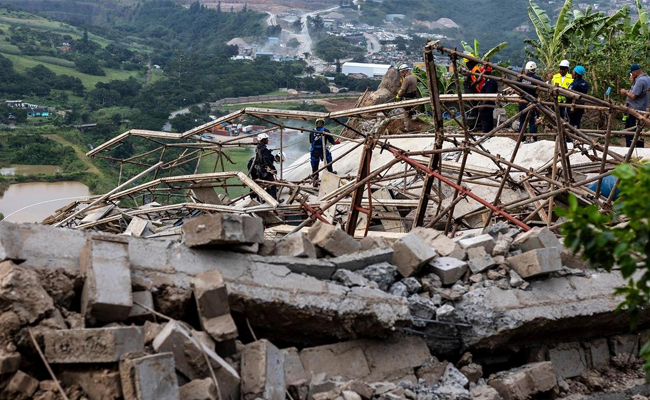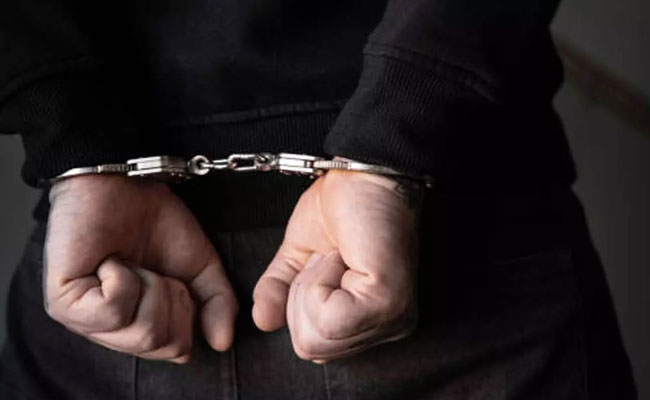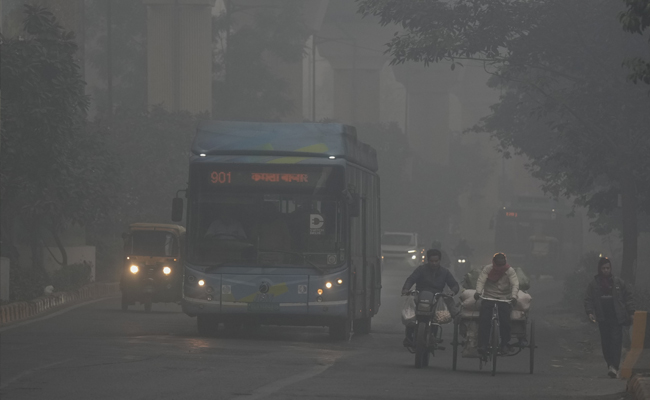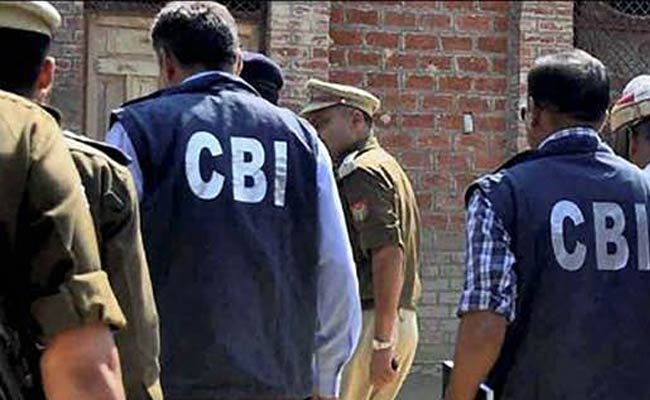Kalaburgi: Facing difficulties after the demise of her husband, a farmer woman was reportedly taking her 33 cows to her daughter’s place when Sri Rama Sene activists stopped her on the way and later handed her over to the police on Sunday.
The farmer woman belonging to the Koli community, identified as Kaantamma Durgappa Hattikuni is the woman who was troubled by the Sri Rama Sene activists. Kaantamma’s husband, a resident of Yaragola village on the border of Yadagiri and Kalaburgi, had recently passed away. As a grieving widow, Kaantamma had later decided to relocate to her daughter Savitribai’s residence at Shahabad Nagar. Accordingly, Kaantamma was taking her 33 cows on her way to her daughter’s house at Shahabad Nagar through the national highway-150. Midway, when she reached Ram Chowk by the outskirts of the Wadi town, Sri Rama Sene’s president Vinod, Secretary Vishwa Talavar, and activist Karan Rathod stopped her, it is learned.
The men have been accused of creating a ruckus and confronting the lone farmer woman with claims that she was taking the cattle to the slaughterhouse. Although Kaantamma revealed the reality of her situation, the Sri Rama Sene activists did not let her go and informed the police that she was illegally transporting cattle to the slaughterhouse.
The police who arrived at the location took possession of her 33 cattle including 17 cows, 8 calves, 4 bulls, and 4 heifers, and took them to the station.
“I have not brought my cattle to sell it to the butchers, I brought them to leave them at my daughter’s place. How can I sell my domesticated animals to the butcher Saheb? Please leave me”, a distraught Kaantamma cried and put forth her request before the police.
However, the police who registered a case concerning transporting cattle without a permit took possession of Kaantamma’s cattle and sent them to the Konchuru Punyakoti cattle shelter, it is learned.

Let the Truth be known. If you read VB and like VB, please be a VB Supporter and Help us deliver the Truth to one and all.
Johannesburg (PTI): A 52-year-old Indian-origin man is among four people killed after a four-storey Hindu temple under construction collapsed in South Africa's KwaZulu-Natal province, officials have said.
The New Ahobilam Temple of Protection, situated on a steep hill in Redcliffe in north of eThekwini (formerly Durban), was being expanded when a section of the building gave way on Friday while workers were on site.
The exact number of workers and temple officials believed to be trapped beneath tonnes of rubble is unknown.
While two people, a construction worker and a devotee, were confirmed dead on Friday, the death toll rose to four on Saturday after rescue teams recovered more bodies.
Of the four deceased, one has been identified as Vickey Jairaj Panday, an executive member of the temple trust and manager of the construction project, local media reported, quoting officials.
Panday had been deeply involved in the development of the temple since its inception nearly two years ago, the reports said.
Sanvir Maharaj, director of Food for Love, a charity affiliated to the temple, also confirmed that Panday was among those who had died.
Rescue workers, who spent two days trying to recover a fifth body that had been located, had to suspend operations on Saturday afternoon due to inclement weather, Reaction Unit South Africa spokesperson Prem Balram told local media.
“At this stage, it cannot be confirmed whether additional individuals remain trapped beneath the rubble,” he said.
The temple was designed to resemble a cave, using rocks brought from India and excavated on site, and the family building the structure had claimed that it would house one of the world's largest deities of Lord Nrsimhadeva.
The eThekwini municipality, in a statement, said no building plans had been approved for the project, suggesting the construction was illegal.
Initial rescue efforts had been guided by cellphone calls from one of the trapped persons, but communications ceased late Friday evening, officials said.
KwaZulu-Natal Provincial Minister for Cooperative Governance and Traditional Affairs Thulasizwe Buthelezi visited the site on Saturday and pledged that rescue operations would continue for as long as necessary, even as experts noted that there was little hope of finding more survivors.
Buthelezi expressed gratitude to the combined government and private teams involved in the search and rescue operation, including a special dog unit from the Western Cape.

